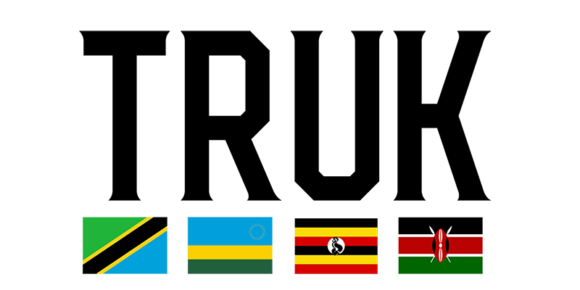
We’ve previously talked about having too many investment opportunities. That is still true despite making five more investments this week.
#2 – Essential Bean by Kalahari Honey
We said our top priority for investing was to mitigate hunger and the most direct and impactful opportunities we’ve seen is Essential Bean, a new subsidiary of Kalahari Honey in Botswana.
Botswana closed all of its borders. With that, the flow of food imports and farming inputs from South Africa has slowed to a trickle, tourism has ceased, and exports are down. Farmers are hungry.
Essential bean is using the network of farmers from Kalahari Honey to plant and grow beans and maize, and the logistics network of Kalahari Honey to distribute and sell these essential food items.
This year, the company is just aiming to break even. Post-pandemic, we’re expecting to have cultivated a network of farmers in Botswana that can eventually displace the beans historically imported from South Africa, making Botswana more reliant, and making money in the process.
#3 – OBRI Tanzania
Floods in Tanzania at the start of the year ruined the crop of sunflowers OBRI Tanzania needed to manufacture its sunflower oil. Then came the locusts and the pandemic. It’s been a tough year for our sunflower growers.
Africa Eats has provided the capital for OBRI to buy storage facilities, so that future production can run year-round, resilient to weather and other farming issues.
That, and through Africa Eats OBRI now has access to other networks of farmers from other bizi across Tanzania, and we’re talking about how to use those farmers to lower the weather-related risks by distributing production across more of the country.
#4 – Papoli Farmers
Before Geoffrey created Green Charcoal Uganda, he first was the founder of Papoli Farmers Association. The name makes it sound like a co-op, but it is a community corporation, emphasis on community. A group of farmers in Tororo, Uganda who all raise turkeys on their farms as a second income.
The trouble is that while grown turkeys thrive on Ugandan farms, poulets (a.k.a. baby turkeys) find the Ugandan climate a challenge. The solution is to raise the poulets for a few months indoors.
Africa Eats provided the capital to purchase land within this community to build a breeding facility, along with all the necessary equipment. With this capital, the expectation is that Papoli will be able to grow between 3x and 5x more turkeys per year, and to increase production to the scale where sales will skip the middlemen, doubling the value of the market-ready birds.
#5 – Geossy
The pandemic lockdowns in Uganda were country-wide and severe, with checkpoints on the roads preventing any movement of people and goods. This caused a lot of hunger and a lot of anger.
Geossy‘s neighbors decided to take out some of their frustration on the hatchery, stealing a lot of the breeding stock and damaging most of the others. Hundreds of thousands of dollars worth of damage.
This is not just a setback for Geossy, but for most of the other fish farms in Eastern Uganda, as Geossy is the largest provider of fingerlings (a.k.a. baby fish) that stock the local fish farms. Millions of fingerlings per month.
Africa Eats provided the capital for more breeders. The good news is that we don’t have to replace all of them, as they’ll breed and make more breeders. But meanwhile, there will be a lot fewer fish to feed Eastern Uganda, and no way to supplement that with fish from Lake Victoria, as that fishery was decimated years ago, spurring the creation of all this fish farming.
#6 – Chicken Bakset
The pandemic closed hotels and restaurants in Western Kenya, and with that Chicken Basket suffered a few months of low revenues and excess supply. But that quickly turned around as the team found new markets for their locally-grown chicken. The company’s current issues are the good type of problems, related to fast growth.
Add to that a new line of business, eggs. Earlier this year Chicken Basket began working with three of their farmers, raising a few thousands layers to provide a steady supply of eggs to the city of Kisumu. That has worked well and there is an opportunity to scale that side of the business up too.
Africa Eats provided capital for all this growth, including a piece of land outside the city to house a far larger production facility as well as a breeding facility for the layers.
Expectations are to surpass $1 million USD in revenues in 2020 and to double that in 2021.




